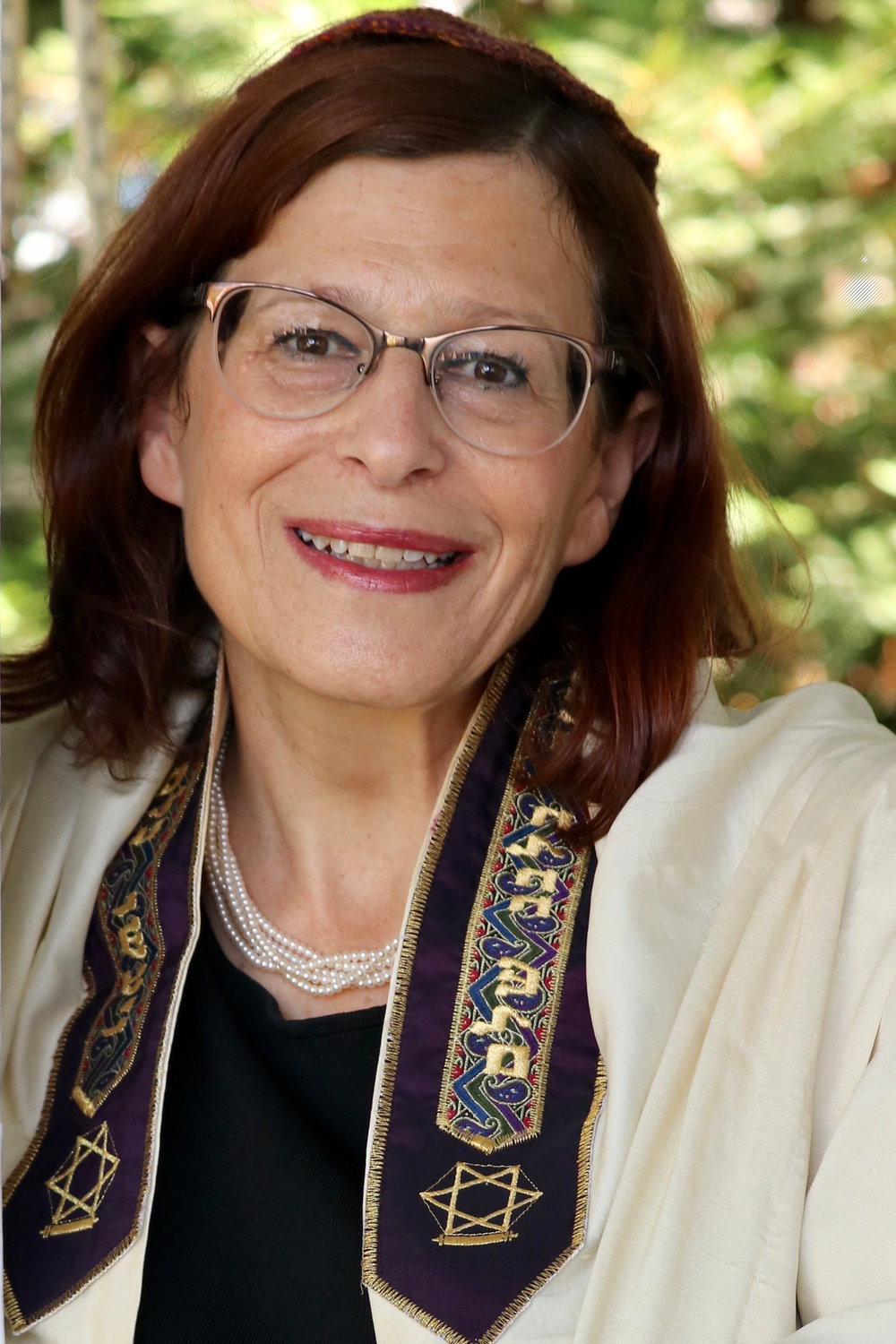A season of fresh starts
This coming Monday is not only the beginning of the new Jewish year of 5782, it’s the beginning of the Shmita year. In the Torah we read that every seven years the land is supposed to lie fallow; we don’t plant or harvest, but we can eat what grows naturally. In addition, everyone–rich and poor–is welcome to glean from what grows. The wild animals get whatever is left. (Ex. 23:10-11). In Deuteronomy 15:1, the laws of this Sabbatical year extend to the remission of debts in order to allow people — as well as the land — to have a fresh start.
The High Holy Days of Rosh Hashanah and Yom Kippur are also about fresh starts. In the weeks leading up to these days, Jewish tradition asks us to engage in a process called heshbon ha-nefesh, “an accounting of the soul,” or a life-review. While we should always be striving to be our best selves, this is an opportunity for more intense self-examination. To quote former New York City Mayor Ed Koch, of blessed memory, “How am I doing?” Have I helped to make the world a better place? Have I worked to be my best self, and to bring out the best in others?
If so, great! How do I do even better? If not, what do I need to do differently? It’s not about beating ourselves up for being imperfect humans, but recognizing that we’re works in progress, and having compassion for ourselves, and others.
For those of us living outside of the land of Israel, Shmita is something we read about but don’t practice. Even in Israel’s, since her economy today is based on high tech, not agriculture, the concept of observing Shmita has needed to be reimagined in order to stay relevant. Several initiatives were begun during the last Shmita year (2014-2015) including creating funds to help with debt and making non-proprietary technology from major tech companies available to entrepreneurs free of charge.
How can we — in our lives today — observe the spirit of Shmita? The word shmita means “release.” In the Torah it’s used with respect to releasing someone from a debt, but what if we look at this as letting go of things that no longer serve us? We pray for forgiveness on Yom Kippur, but are we still holding onto resentment and anger over past hurts? Are we stuck in comfortable ruts because we’re afraid of change?
Shmita also reminds us that the land on which we live, which sustains us, belongs to God, not to us, and that just like we, and God, need to rest and not be productive, so does the land, and by extension, the entire environment, earth, air and water. How will reduce our footprint this year, carbon and otherwise? Can we reduce consumption by renting or borrowing things, or buying them second-hand?
A new year, a new beginning. May it bring blessing, and may we be the blessing. From my family to yours, I wish you a happy, healthy, peaceful and sweet new year.
Susan Elkodsi is the rabbi for the Malverne Jewish Center, which is located at 1 Norwood Ave., Malverne.

 49.0°,
Mostly Cloudy
49.0°,
Mostly Cloudy 




